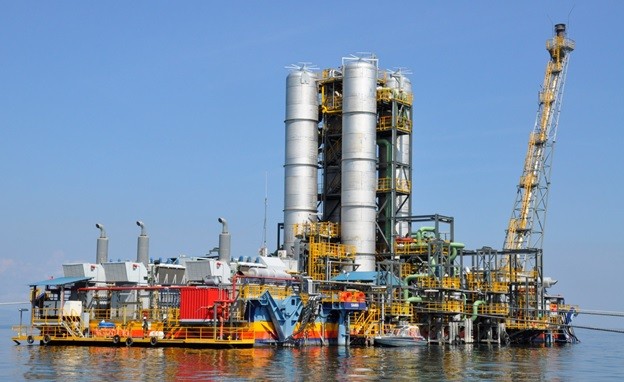Kigali, 2nd February, 2017- Renewable energy and diversification of power production are key targets to achieve Rwanda’s Vision 2020 objectives by encouraging private sector institutions to invest in such sector.
The Government has put in place a private sector friendly environment that encourages private investment, with the whole process being spearheaded by the Rwanda Development Board (RDB).
In energy sector, this is done through have Public Private Partnership (PPP) Law that makes it easy for investors to negotiate and conclude power purchase and concession agreements with the Government prior to the start of the project. All these initiatives have transformed Rwanda’s energy sector into giant opportunity for investments.
The PPP model provides business incentive and financial protection to investors, hence raising investors’ confidence.
It ensures high quality and timely execution of projects Renewable energy is clearly changing the way State power utility in Rwanda operates, particularly when it comes to encouraging greater involvement by the Independent Power Producers (IPPs).
In many ways, the private sector is now becoming indispensable not to Rwanda only but African energy production.
There is real a huge appetite for investors in renewable energy. Energy authorities of several African countries are adopting an open energy market model, paving the way for companies to invest in power generation.
The country has attracted high levels of foreign investment through its globally lauded Energy Independent Power Producer Program with the aim of moving away from use of fuels.
The Government of Rwanda recognises the vital role that electricity access plays in accelerating economic development through improving health and standards of living. Energy and particularly access to electricity is the Government’s key priority.
This is why significant Investments have been made and progress registered led to over 27% of households getting access to electricity. More efforts need to be made for the Government to achieve the set targets of 70% by 2017/18 and 100% by 2020.

 ENGL
ENGL KINY
KINY